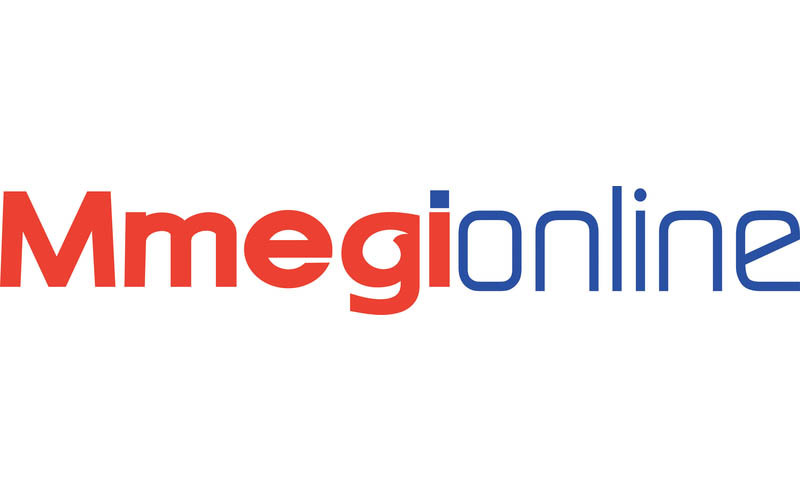Everyday, we are confronted with powerful narratives such as “Information is power,” “knowledge-based society” and “knowledge-based economy.
” These phrases sound exciting but not until we are reminded of the darker side characterised by “misinformation,” “disinformation” and “malinformation.” Misinformation refers to false or misleading information shared without harmful intent. Disinformation is deliberate false information spread to deceive while malinformation is truthful information used maliciously to cause harm. Suddenly, the very foundation of a knowledge-driven world feels shaky and we are left wondering, what comes next? Just yesterday, we were confronted with the devastating news that one of our own would be hanged in Bangladesh for drug trafficking, only for authorities to clarify that it was unverified information. The question then arises - who do we trust between the news sources and the authorities dismissing the claims? In an era where information is at our fingertips, trust has become the rarest commodity. Back in 2008, I wrote an opinion piece in Mmegi newspaper titled “Is Botswana Ready for Citizen Journalism?” The question was not merely about the emergence of citizen reporters but rather about whether Batswana were prepared for the consequences of a media landscape dominated by unverified, user-generated content. At the time, social media was hailed as a revolutionary tool for free expression and knowledge-sharing.
However, what we see today is that the same platforms have turned into double-edged swords, breeding uncertainty and skepticism. The sheer volume of conflicting narratives leaves people confused about what to believe and who to trust. Institutions that once held unquestionable authority - governments, media houses and even academia - now struggle to maintain credibility in the face of relentless scrutiny and doubt. Perhaps, the idea of information control was not entirely bad. While it carried the risk of manipulation and propaganda by those in power, it also provided a structured way to filter truth from falsehood. Today, with the democratisation of information, everyone has a voice but not everyone is committed to the truth. This has led to a reality where misinformation spreads faster than facts, eroding public confidence in everything from science to governance. A study by MIT in 2018 found that false news spreads six times faster than true news on X (Twitter). The consequences are dire. From vaccine hesitancy fuelled by misinformation to political instability driven by online propaganda, the cost of an unregulated information ecosystem is steep. Botswana is not immune to these challenges.









